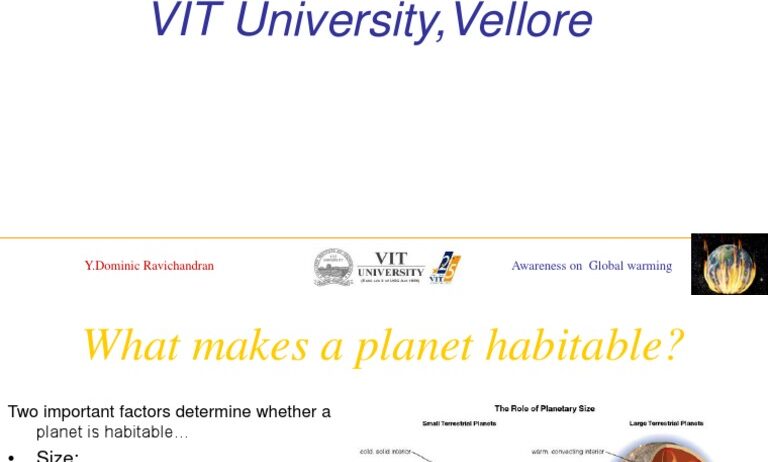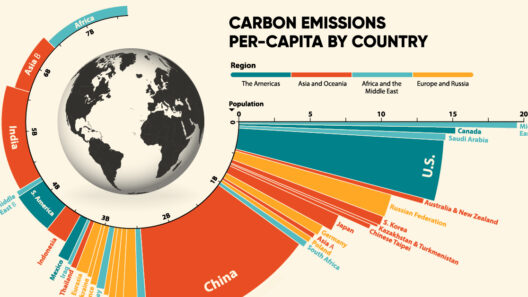The phenomenon of global warming remains a pressing concern, underscored by an alarming rise in average global temperatures and erratic climatic patterns. Supporting awareness about this issue within communities is not merely a noble aspiration; it is an imperative that necessitates concerted effort from every stratum of society. Communities, as the building blocks of civilization, have the potential to initiate profound changes when they rally around common issues. Herein lies the exploration of actionable community-driven strategies that target global warming awareness, ensuring collective participation and engagement.
One prevalent observation is that awareness alone does not suffice; it requires accompanying actions to catalyze tangible change. Educational initiatives are pivotal. Communities can embark on this mission through workshops, seminars, and panel discussions featuring climate scientists and local activists. These forums serve dual purposes: disseminating knowledge regarding the nuances of global warming and debunking prevalent myths that pervade the general populace. Information could range from the greenhouse effect to the stark realities of climate change impacts on local ecosystems. Integrating interactive elements, such as Q&A sessions, can further enhance engagement and comprehension.
Moreover, leveraging local educational institutions is a powerful strategy. Schools and universities can integrate climate education into their curricula, fostering a sense of responsibility among students. Initiatives such as climate clubs or environmental justice groups can cultivate leadership qualities and civic engagement in the youth. These entities can spearhead community clean-up drives, tree-planting events, and recycling campaigns, synergizing awareness with actionable outcomes. Such activities not only bolster community cohesiveness but also instill a hands-on understanding of environmental stewardship among younger generations.
Equally significant is the role of social media and digital platforms in propagating climate awareness. Communities can utilize these tools to amplify their messages and reach broader audiences. Engaging content, such as infographics, video documentaries, and personal narratives, can resonate deeply and evoke an emotional response. Social media campaigns can challenge individuals to share their lifestyles’ carbon footprints, inspiring a collective re-evaluation of consumption habits. Hashtags like #ActOnClimate or #GreenYourRoutine can ignite online discussions that might culminate in real-life actions, thereby creating a ripple effect throughout the community.
Community-led events are instrumental in fostering awareness and action. Organizing climate fairs, advocacy marches, or even local documentary screenings can galvanize public interest. These events create platforms for diverse stakeholders—not just environmental organizations but also local governments, businesses, and residents. Stalls with informational resources, interactive exhibits showcasing renewable technologies, and sustainable product vendors can stimulate discourse and motivate attendees to adopt eco-friendly practices.
Furthermore, local governments play a crucial role in establishing supportive frameworks for community action. Municipalities can offer grants for grassroots initiatives that focus on climate education and sustainable practices. By creating policies that incentivize renewable energy use and sustainable landscaping, local governments not only champion awareness but also facilitate practical implementation. Engaging in advocacy to call for improvements in infrastructure, such as bike lanes and public transport options, paves the way for reduced carbon footprints within the community.
As individuals delve deeper into their consumption patterns, another aspect emerges—supporting local businesses that prioritize sustainability. Communities can foster awareness regarding ethical consumerism, encouraging members to patronize enterprises committed to environmentally-friendly practices. Initiatives could include local farmer’s markets or cooperative grocery stores that emphasize organic, locally-sourced products. These shopping choices not only reduce transportation emissions but also strengthen community bonds by promoting economic resilience and sustainability.
The environmental impact of food production is too colossal to overlook. Hence, communities should advocate for sustainable agricultural practices. By supporting local farmers who embrace sustainable techniques like permaculture or agroecology, community members can mitigate the effects of climate change. Workshops on urban gardening, composting, or seasonal eating can foster a more profound appreciation of food systems and their relationship to global warming. Such knowledge cultivates conscious consumers who understand the broader implications of their choices.
Moreover, fostering intergenerational dialogues around climate change encourages profound exchanges of wisdom and perspectives. Elderly community members often possess invaluable experiences and insights that can augment current climate discourse. By creating mixed-age forums or storytelling sessions, communities can weave a richer tapestry of environmental narratives that resonate across ages, strengthening communal ties and shared commitments to climate action.
Working collaboratively with neighboring communities amplifies the collective voice against the existential threat of climate change. Initiatives like regional climate alliances can facilitate knowledge-sharing and resource pooling, rendering communities more resilient in the face of adversities. By aligning objectives and resources, the impact of each individual community’s efforts can compound, presenting a formidable front to policymakers and stakeholders.
Ultimately, addressing global warming requires a multifaceted approach grounded in community action. By embracing education, harnessing the power of digital platforms, promoting sustainable practices, and fostering intergenerational dialogue, communities can bolster awareness and incite meaningful change. Each of these actions contributes to an overarching narrative—a narrative that champions environmental sustainability and underscores the moral imperative to safeguard our planet for future generations. Transitioning from awareness to action is not a mere option; it is a necessity. Collective resolve and community engagement shall illuminate the pathway to a sustainable and habitable world.







